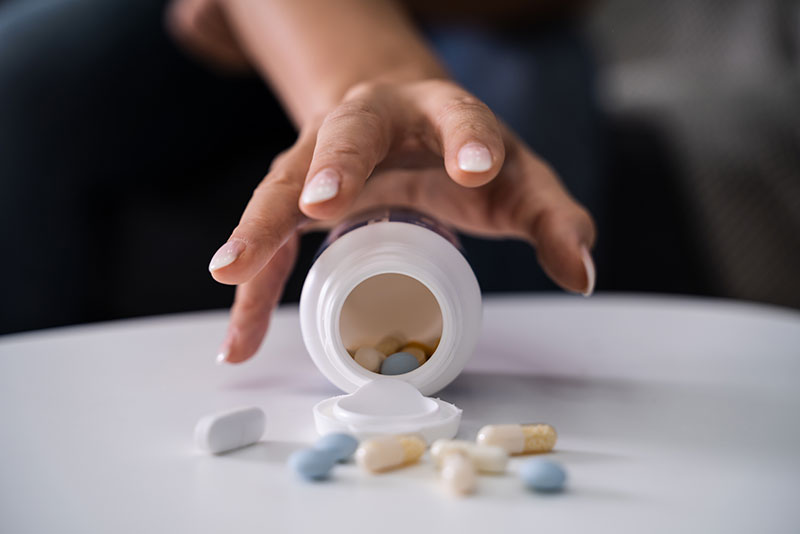Opioids: Dangers and Prevention
 What are Opioids?
What are Opioids?
Opioids are a class of drugs used to reduce pain. They include both prescription medications, such as oxycodone, hydrocodone, morphine, and fentanyl, as well as illegal drugs like heroin. While effective for pain management, they carry a high risk of addiction and overdose.
Dangers of Opioids
1. Addiction: Opioids have a high potential for addiction due to the way they interact with the brain’s reward system, leading to dependence.
2. Overdose: Opioid overdoses can be fatal. They slow down breathing, and an overdose can lead to respiratory arrest, unconsciousness, and death.
3. Tolerance: Over time, individuals may develop a tolerance to opioids, meaning they need higher doses to achieve the same pain relief, increasing the risk of overdose.
4. Withdrawal: When someone stops using opioids after prolonged use, they may experience severe withdrawal symptoms, including pain, nausea, anxiety, and restlessness.
5. Physical Health Risks: Opioids can cause a variety of health problems, including constipation, drowsiness, confusion, and in some cases, long-term damage to organs.
Prevention Strategies
1. Education: Awareness campaigns help inform people about the dangers of opioids and promote safe prescription practices.
2. Proper Prescription Use: Patients should only use opioids as prescribed by a healthcare professional and for short-term relief when necessary.
3. Alternative Pain Management: Encourage the use of non-opioid pain relievers, physical therapy, acupuncture, or other non-drug treatments.
4. Prescription Monitoring Programs (PMPs): These programs track opioid prescriptions to prevent over-prescription and detect patterns of abuse.
5. Naloxone Access: Naloxone is a medication that can reverse an opioid overdose. Making it widely available can save lives in the event of an overdose.
6. Treatment for Addiction: Access to addiction treatment, including medication-assisted treatment (MAT), behavioral therapy, and support groups, is essential for helping individuals recover from opioid dependence.
7. Safe Disposal of Medications: Unused or expired opioids should be disposed of safely through drug take-back programs to prevent misuse.
Preventing opioid addiction and overdose requires a combined approach of education, responsible medical practices, and community support.
 What are Opioids?
What are Opioids?